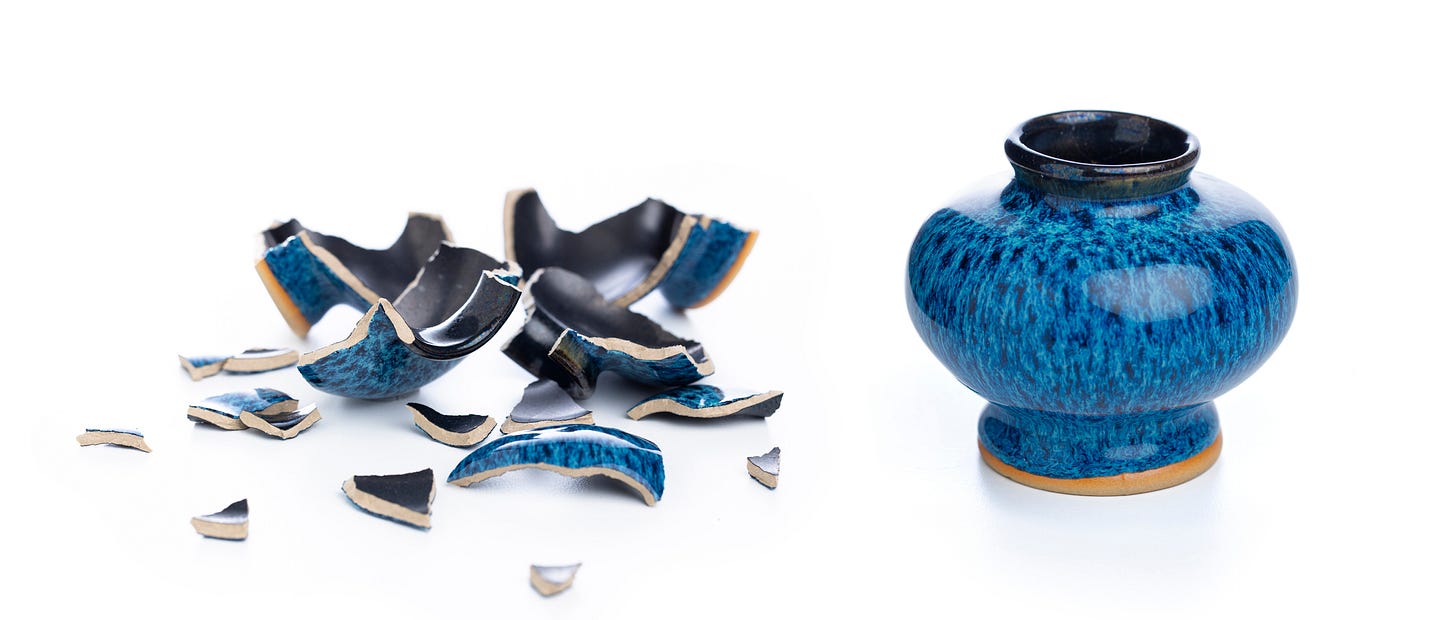Taiwan?
The internal fight in China can become an external war over Taiwan for purely internal reasons. It is also possible that Taiwan becomes the Dog that Doesn’t Bark. China has flown 555 sorties into Taiwan’s ADIZ (Air Identification Zone) this year alone. Many suspect this is meant to wear down Taiwan’s responses, so they are not ready for the Chinese sor…



